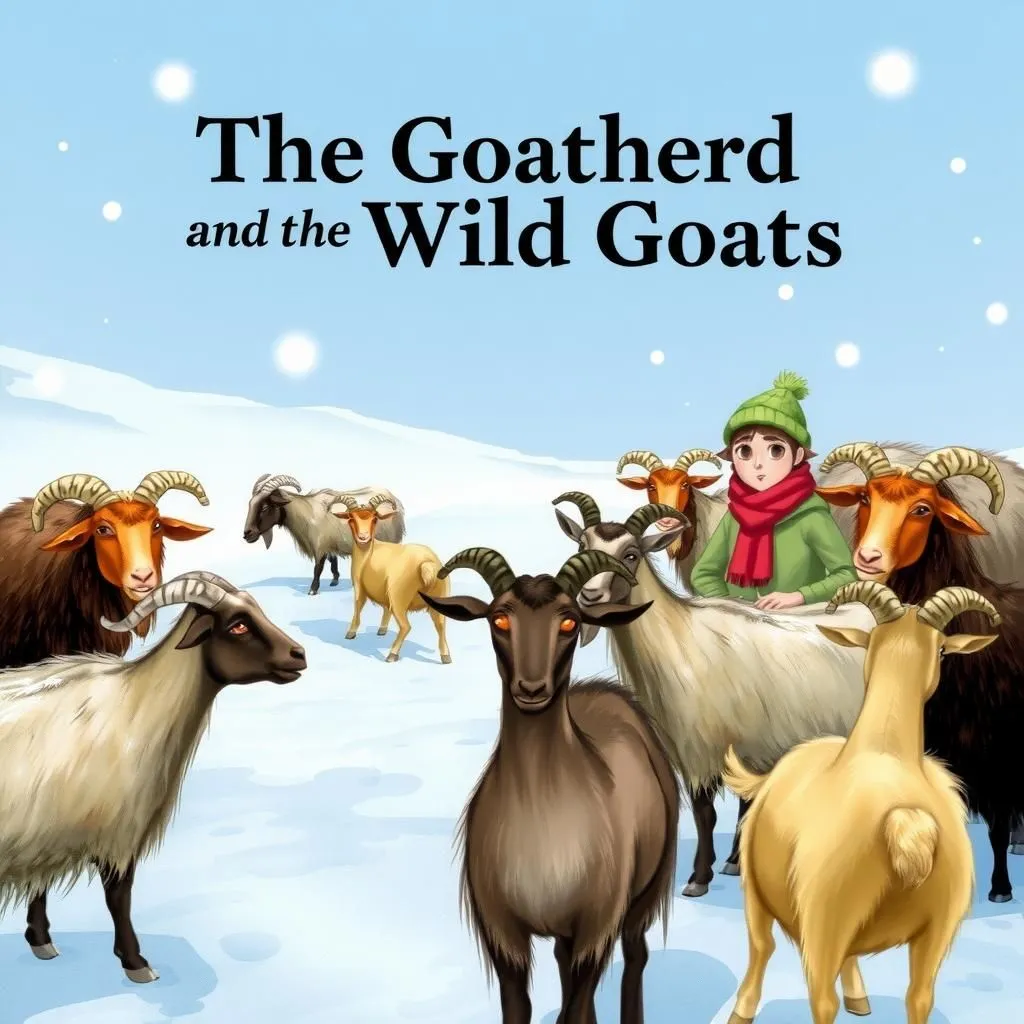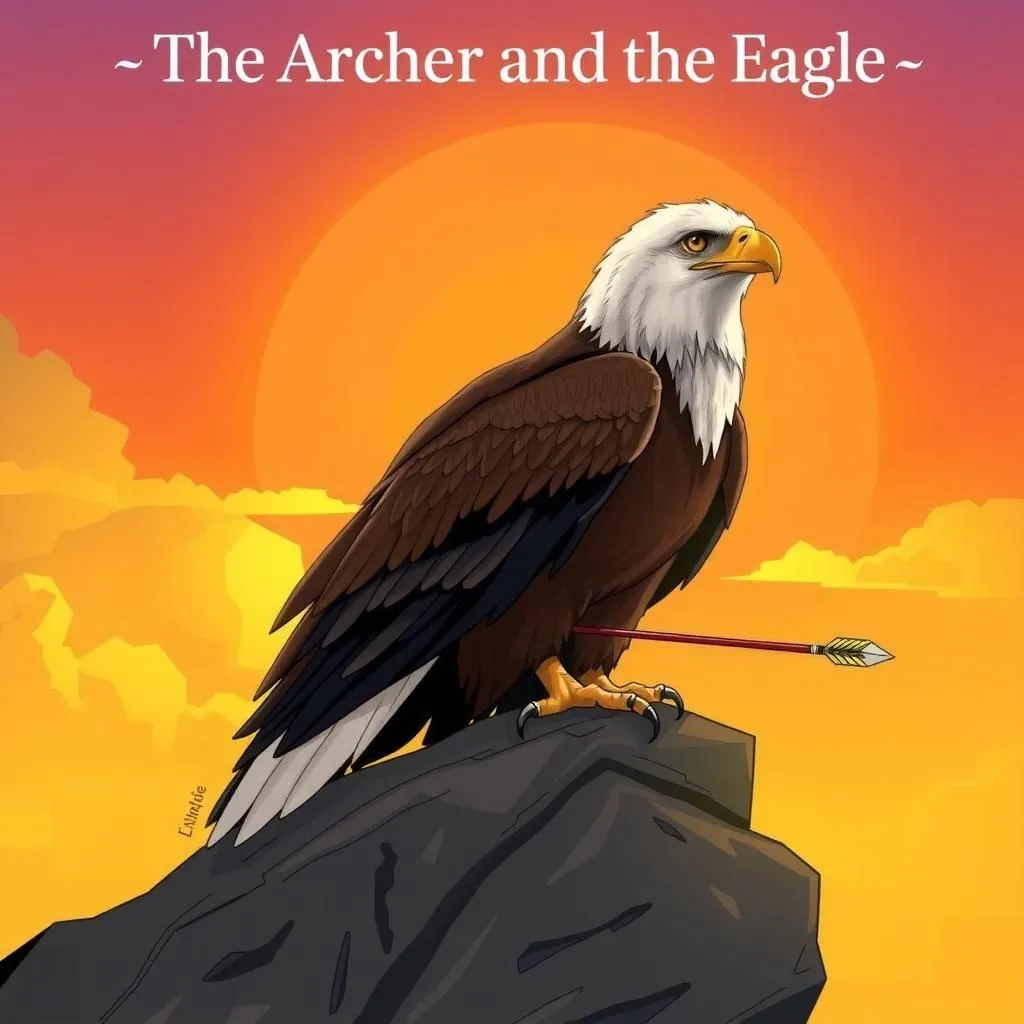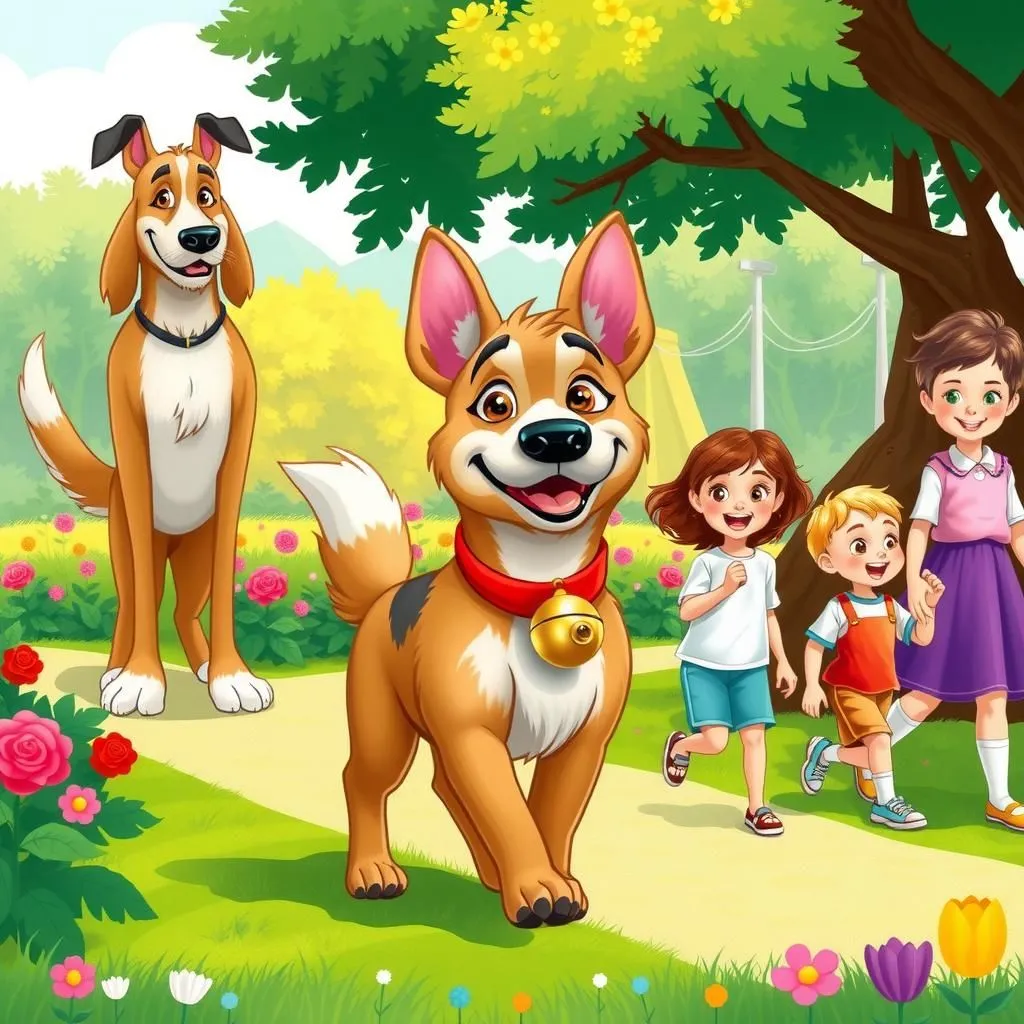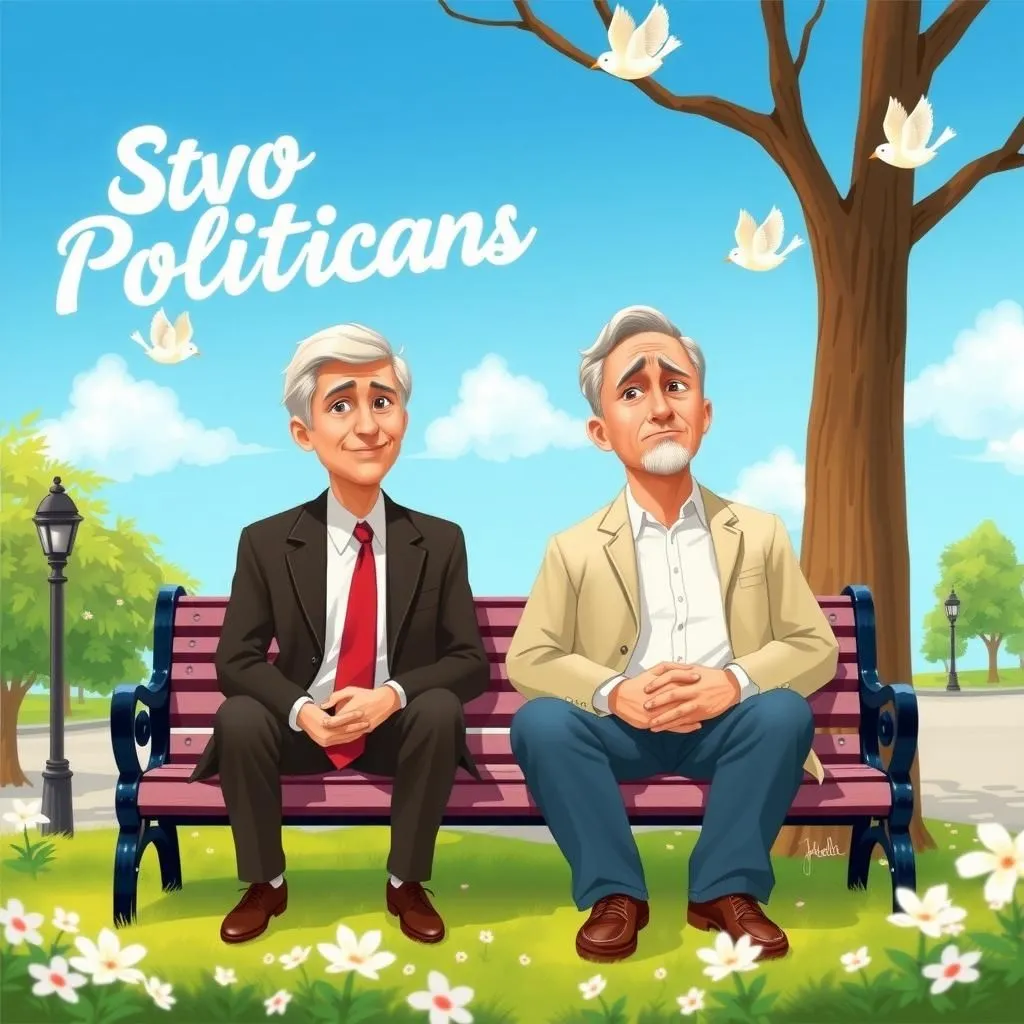
The Goatherd and the WildGoats
In this short and moral story, a Goatherd attempts to win over Wild Goats by feeding them better than his own during a snowstorm. However, when the Wild Goats leave for the mountains, they reveal that his favoritism has made them cautious, teaching a valuable lesson: old friends should not be sacrificed for new ones. This quick read story with moral highlights the importance of loyalty and the dangers of betraying long-standing relationships.


